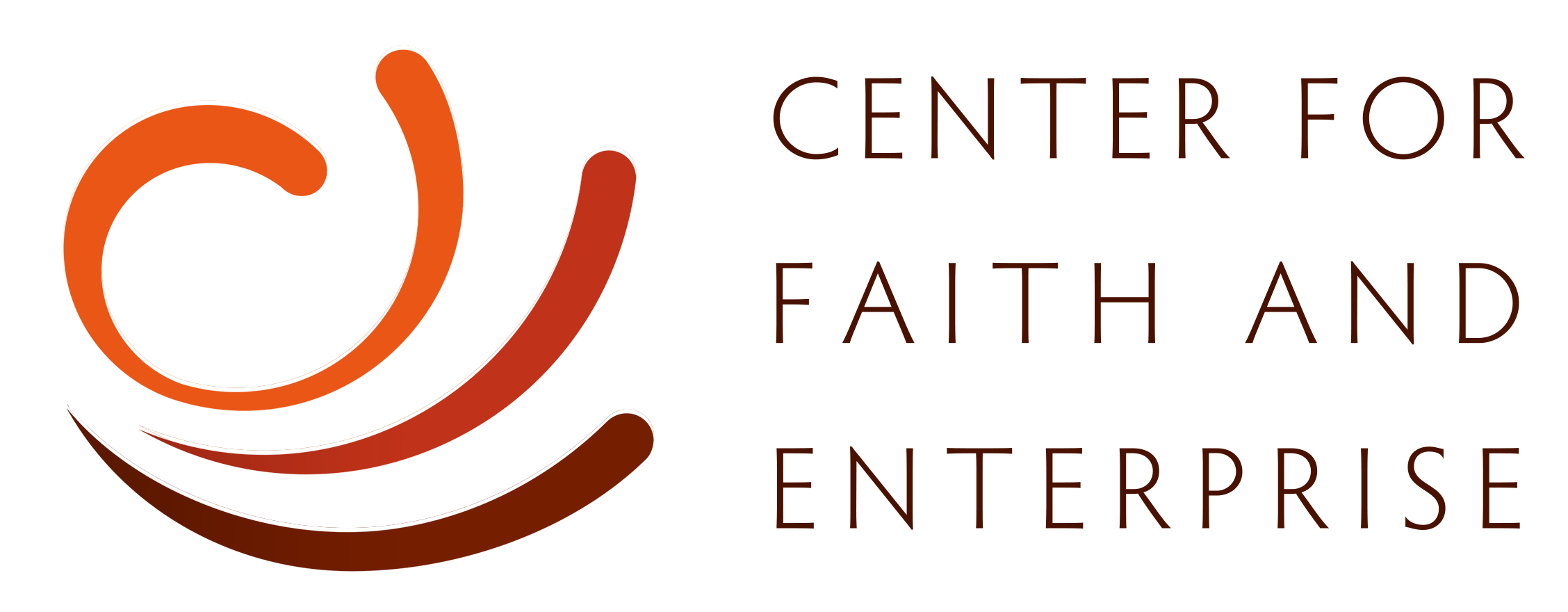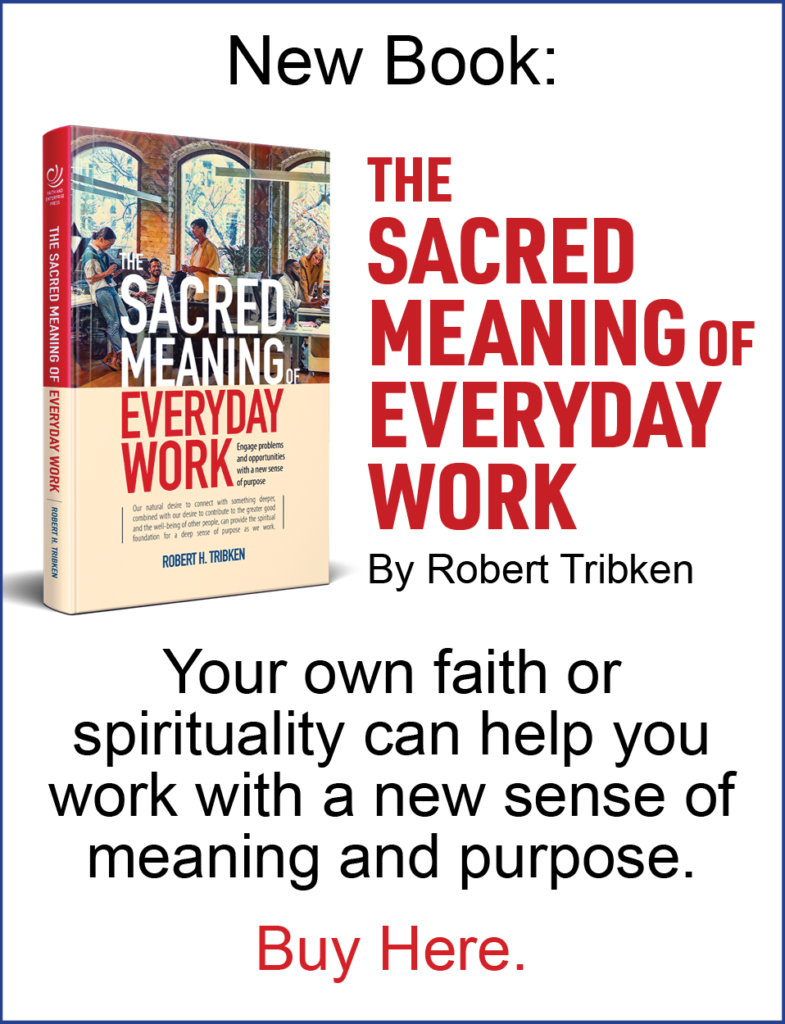Most people who have been in a state of flow, a.k.a. “being in the zone,” remember it as quite enjoyable. It is often associated with focused attention, peak effectiveness, and maybe even a sense of joy. We might remember feeling time had slowed down, at least for a moment.
Most of us would probably like to spend more time in this state, whether in leisure activities or at work.
This state of flow is a positive psychological condition that has received considerable research. Most of this research has been within the field of psychology, as I think should be the case. But I believe there might also be a spiritual or religious dimension, at least for some people.
In this article, I plan to describe flow from a psychological point of view and then consider possible spiritual or religious connections.
What Is Flow?
Psychologist Mihaly Csikszentmihalyi was the first to identify, study, and name the experience of flow, describing it as an optimal experience in which:
Concentration is so intense that there is no attention left over to think about anything irrelevant, or to worry about problems. Self-consciousness disappears, and the sense of time becomes distorted. An activity that produces such experiences is so gratifying that people are willing to do it for its own sake, with little concern for what they will get out of it, even when it is difficult, or dangerous.[1]
How Do We Reach a Flow State?
Csikszentmihalyi suggested several factors that can contribute, among them:
- We can give our full attention to the task. As we do so, our self-concern disappears.
- There is a good fit between the task’s challenges and our skills, with enough challenge to require our full attention and allow for a sense of growth, but not so much difficulty that we become frustrated or overwhelmed.
- The task has clear goals and feedback that provide a structure and a basis for knowing whether we are progressing as we work.
- We believe there is a good chance that we can successfully complete the task.
- We feel we are able to exert significant control over our work.[3]
Entering a flow state as we work requires directing our attention toward the task at hand thoroughly and completely. For some this might happen naturally, but I suspect most of us need to work at focusing our attention more effectively. Practice helps.
The payoff can be very beneficial. Imagine if we spent more of our work time in a state of flow. We would be fully engaged, focused, energized, and effective, and would probably find more enjoyment and satisfaction in our work. We would also complete our work more quickly, allowing extra time for our other activities.
Could There Be a Spiritual or Religious Connection?
Csikszentmihalyi spoke of flow as a psychological concept, not a religious one, at least as religion is conventionally understood. Nevertheless, I think we can find several possible points of connection that can deepen our experience and understanding.
The biblical concept of shalom is one of them. Shalom includes a sense of peace and harmony in several dimensions—personal, social, spiritual, economic, etc. One might think of it as being in the right relationship with God, our fellow humans, our deeper self, and maybe our work. When the word “peace” appears in the New Testament (e.g., the greeting “peace be with you”), it usually refers to shalom. For a religious person, this idea of wholeness might resonate strongly with the psychological characteristics of flow.
When we are in a state of flow, we seem to be at peace with ourselves and our work, and I would guess with others as well. We are not beset by greed, pride, hatred, petty resentments, and excessive self-concern—distractions that can pull us away from full engagement. The virtues found in the Bible, such as patience, humility, and courage, seem to encourage this peace, as does the biblical injunction to observe the Sabbath.
Another connection point might be Csikszentmihalyi’s observation that as we become absorbed in the task, our concept of self recedes from our consciousness, and as it does so, we might experience a sense of enjoyment. I suspect that this sounds at least vaguely familiar to some of those engaged in spiritual and religious practices.
When else do we experience these types of feelings? We might think of engaging in spiritual practices such as prayer, meditation, and worship; helping and working with other people; being carried away by music; or acting on a sense of calling. The triggers and experiences might be somewhat different for different people, but I suggest a commonality. In each case, as we lose ourselves in the experience and our self-concern recedes, we might experience feelings of peace and positivity, similar or perhaps even the same as those of flow.
The New Testament frequently asks us to let go of our excessive self-concern. We see this reflected in the virtues of humility (Ephesians 4:1-3, Luke 18:14, Romans 12:3, Philippians 2:3, 1 Peter 5:6, and elsewhere). We are also asked to let go of our worries (Matthew 6:25-34, Luke 12:22-31, and 1 Peter 5:7). We are advised by Jesus that, paradoxically,
For those who want to save their life will lose it, and those who lose their life for my sake, and the sake of the gospel, will save it. (Mark 8:35, NRSV)
We might think of some virtues as potentially both precursors and expressions of an ordered consciousness.
For some of us, the state of flow might be inherently spiritual. The experience represents a state of mind that is fully engaged and fully conscious; we feel more alive and more like who we are meant to be. It depends on what one means by “spiritual,” of course, but it seems that as we experience flow, we feel that we are moving in a spiritual direction.
I do not think being fully absorbed in this way means we lose our individual agency or our personal distinctiveness. On the contrary, I believe our sense of agency and purpose might become more robust as we stop worrying about our various distractions. This is especially true if the potential distractions are driven by concerns external to the person or the task, such as social pressure or the desire for social status or financial security. To the degree that the state of flow allows our actions to line up with our deeper internal values and drives, the experience can be liberating. It can move us away from being dominated by our social setting.
Can Spiritual Practices Help Us Enter a State of Flow?
I think they can, for the following reasons.
Spiritual practices such as prayer and meditation can help us focus on the task, let go of distractions, and work more relaxed. They help us concentrate, in effect reducing our mental clutter.
To the extent that our faith helps us develop virtues that apply in the workplace (in particular, patience, humility, compassion, equanimity, and transparency), we are less likely to be burdened by the distractions of resentment, anger, fear, pride, and social pressure. We are thereby more likely to be able to engage in the task at hand with an ordered consciousness.
Knowing and accepting who we are at a deeper level might also help us eliminate distractions; faith helps provide this.
Is Flow Always Good?
There is one further issue we should deal with: is the flow state always good? Can we enter a state of flow when we pursue inherently harmful goals?
On the one hand, it is hard to imagine someone being in a state of flow if they are distracted by various sins, petty or otherwise, such as greed, envy, or covetousness. And it is pretty well accepted that encouraging traditional virtues enhances our sense of well-being and our ability to focus. One would hope that behaving with integrity in pursuit of a good cause would help us move toward a state of flow.
On the other hand, ordered consciousness and the state of flow do not appear to depend on the moral value of the intended outcome of our actions.
Perhaps we should leave this as an open question. In the meantime, we can protect ourselves by remembering the importance of having a robust moral framework and letting it be our guide.
In any case, I think we can say that being in a state of flow, perhaps augmented by our spirituality, can be enormously beneficial in our work lives.
This post was adapted from The Sacred Meaning of Everyday Work, by Robert H. Tribken, available from Amazon here.
[1] Mihaly Csikszentmihalyi, Flow: The Psychology of Optimal Experience (New York: Harper Collins, 2008/1990) p. 71.
[2] Ibid., pp. 49-67.
[3] Ibid.


